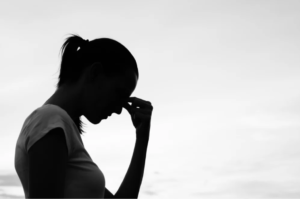From MJH Life Sciences: “I am heartened by those who are working for change. I have been fortunate to connect to a larger network of people—professionals as well as people with lived experience of extreme distress—who are working hard to change the paradigm of care. They are pushing back against the pathologizing discourse that is so dominant—where almost every uncomfortable human experience is conceived as representing a medical condition. They understand that many experiences labeled as ‘disorders’ are understandable reactions to life experiences rather than evidence of dysfunctions within the people having them… It is an uphill struggle, but their work inspires me to be a better doctor and a better person. These days, many of the people who are teaching me are not psychiatrists. In fact, those who have taught me the most in the past few years are the one who have lived experience—who have been the subjects of psychiatric care but have found their recovery elsewhere.
My personal view of psychiatry is that we need to acknowledge and embrace humility. We need to become as curious about how to stop the drugs we prescribe as we are in how to start them.2 As a profession, we have done harm, often with the best of intentions. This is a hard narrative when we live in a culture that values spin over content. Messages of humility can be viewed as indications of incompetence or weakness. It takes strength to acknowledge uncertainty and to remain humble and transparent about the limitations of our profession. There is so much we do not know about the struggles of those who consult us.”












